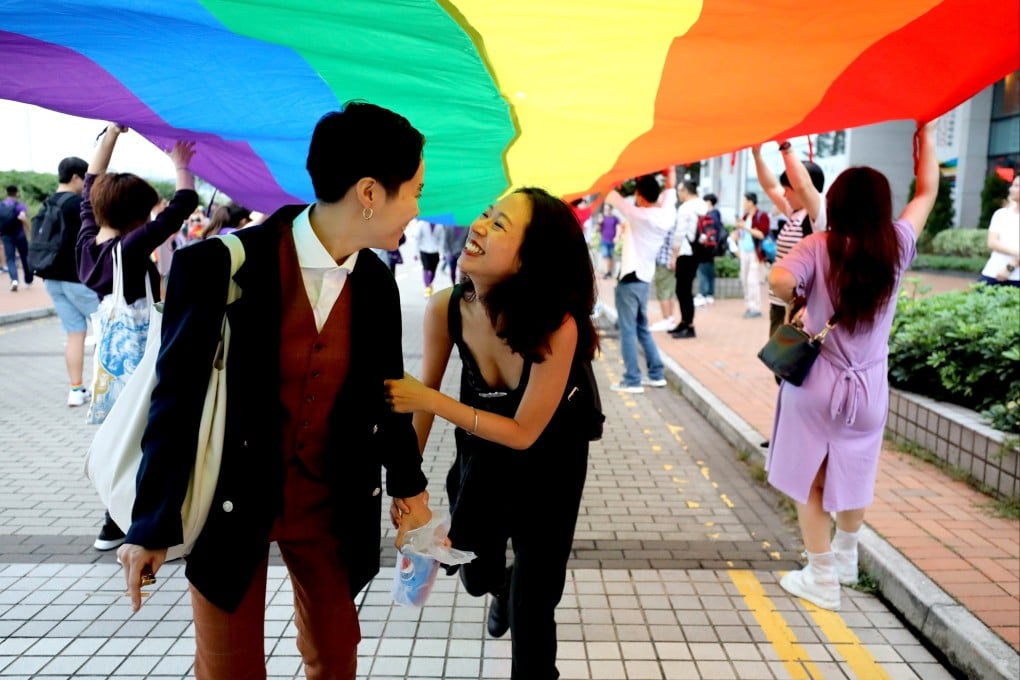Advertisement
Opinion | Hong Kong Gay Games: prejudice and hatred in Legco fall foul of Beijing’s desire for social harmony
- A city that brings different people together through sports, arts and culture – a city that unites people – is exactly the sort of public relations we need, not divisive slurs that damage social cohesion
Reading Time:3 minutes
Why you can trust SCMP
2

Now there is little political opposition in the Legislative Council and the electoral reform law has passed without incident – ushering in a “new and improved” political ecosystem for Hong Kong – one would expect Legco meetings to run as smooth as silk, and the work of governance to be that of quiet clockwork efficiency.
Legislators have passed changes to their chamber’s rule book, taking care of filibustering and disorderly conduct as part of their spring-cleaning exercise. And true to their patriotic commitment to home improvement, they are mulling new rules, such as subjecting themselves to a fine of HK$3,400 (US$438) for missing meetings without proper reason.
Restoration of the honour and dignity bestowed on the council requires far more than just dress codes, fines and house rules, though. That was made evident last week by one particular lawmaker who had no qualms about displaying prejudice and legitimising discrimination. Abusing the privilege bestowed to lawmakers, in making Legco a platform for exclusion and hate, only harms the dignity of the chamber.
Advertisement
The ugliness was on full display after lawmaker Regina Ip asked if and how the government would support the organisers of the Gay Games in November 2022, such as booking venues, and whether the administration would encourage participation in the Games. Ip’s question is important, not only because it is Pride Month, but because Hong Kong is the first Asian city to host the Games.
The organiser estimates that the 12,000 people taking part in the Games will bring HK$1 billion in revenue to the city. To which lawmaker Junius Ho said: “It’s disgraceful … I don’t want dirty money.”
Advertisement
Ho also said, “We respect people with different sexual orientation” but then added: “Whatever you do in your room, it’s your own business. But if you do it in public, it’s disgraceful.”
Advertisement
Select Voice
Choose your listening speed
Get through articles 2x faster
1.25x
250 WPM
Slow
Average
Fast
1.25x

